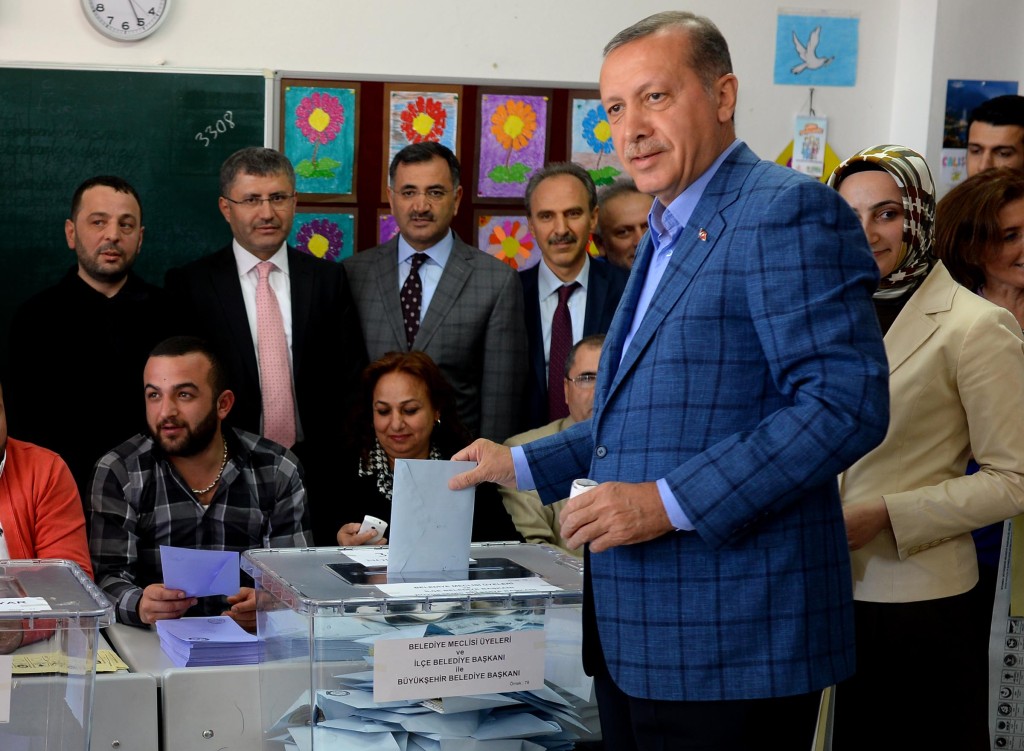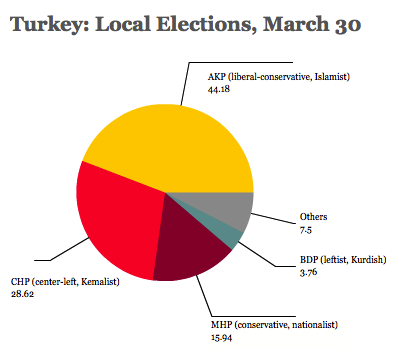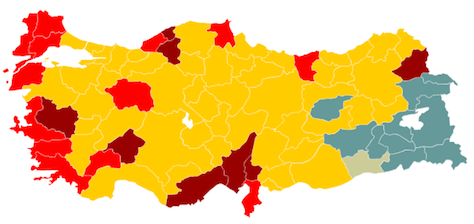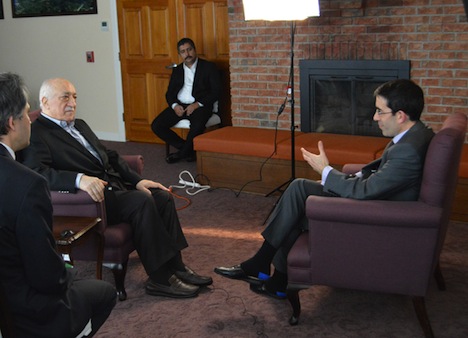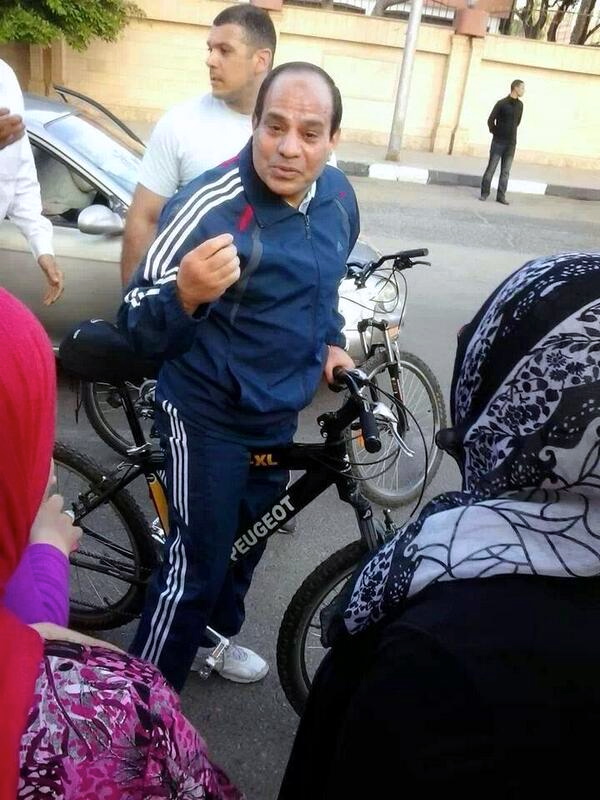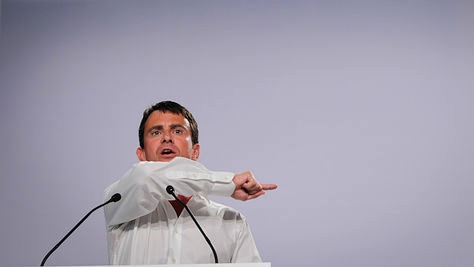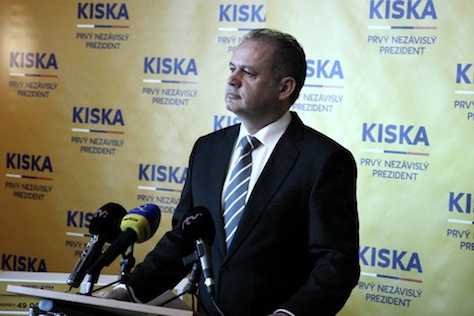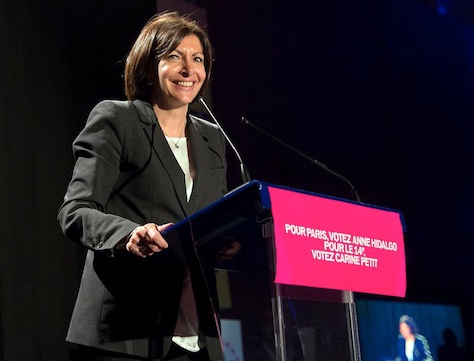At first glance, Turkey’s local elections on Sunday seem like a huge victory for prime minister Recep Tayyip Erdoğan (pictured above).![]()
His party, the Adalet ve Kalkınma Partisi (AKP, the Justice and Development Party), which has governed Turkey since 2002, had an impressive day, notwithstanding the protests last summer that seemed to weaken Erdoğan’s grip on power, and corruption scandals that led to the resignation of four ministers in Erdoğan’s government late last year.
With nearly all of the votes counted, the AKP won 44.18% of the nationwide vote — that’s even more than the 39% it won in the most recent 2009 local elections. Far behind in second place was the center-left, ‘Kemalist’ Cumhuriyet Halk Partisi (CHP, the Republican People’s Party), with just 26.15%.
Notably, the conservative, Turkish nationalist Milliyetçi Hareket Partisi (MHP, Nationalist Movement Party) won more support, in percentage terms, that during any election since Erdoğan came to power. The leftist, Kurdish nationalist Barış ve Demokrasi Partisi (BDP, Peace and Democracy Party) won nearly 4% of the vote, picking up several municipalities in the most Kurdish areas in Turkey’s southeast. The map below from Hürriyet that shows the winners throughout the nation:
Though the CHP (light red) is still a strong force in Turkey’s major cities and along its western coast, and although the BDP (blue) thrives in Kurdish-majority areas, the wide swath of yellow demonstrates that Turkey is still AKP country.
Even more impressively, the AKP appears to have won the mayoral contests in both Istanbul, Turkey’s largest city, and Ankara, its capital. Kadir Topbaş, who has served as Istanbul’s mayor since 2004, narrowly won a third term against CHP challenger Mustafa Sarıgül, the longtime mayor of Istabul’s Şişli district, by a margin of 47.85% to 39.93%. Though there are reports of electricity blackouts during the vote-counting and other minor irregularities, Sarıgül has conceded defeat.
In Ankara, however, the race is still too close to call. The AKP’s Melih Gökçek, who has been Ankara’s mayor since 1994, officially won 44.64%, while CHP challenger Mansur Yavaş won 43.92%. Both candidates have declared victory, and Yavaş has alleged ballot fraud. The CHP will appeal the result in what could be a protracted fight over control of the Turkish capital.
But the real fight was never between the AKP and the CHP, and though Erdoğan defiantly claimed victory in a balcony rant Sunday night, threatening vengeance on his enemies, other forces within his coalition will determine whether Erdoğan will be a candidate in Turkey’s first direct presidential election in August, and whether Erdoğan (or another AKP leader) will lead the party into its bid for a fourth consecutive term in government in parliamentary elections that must be held before June 2015.
That’s because Erdoğan’s most serious challengers are the followers of Fethullah Gülen (pictured above in a rare BBC interview earlier this year), a Turkish cleric based in Pennsylvania since his self-exile from Turkey in 1999. Continue reading The fight for Turkey is between Erodganists and Gulenists
